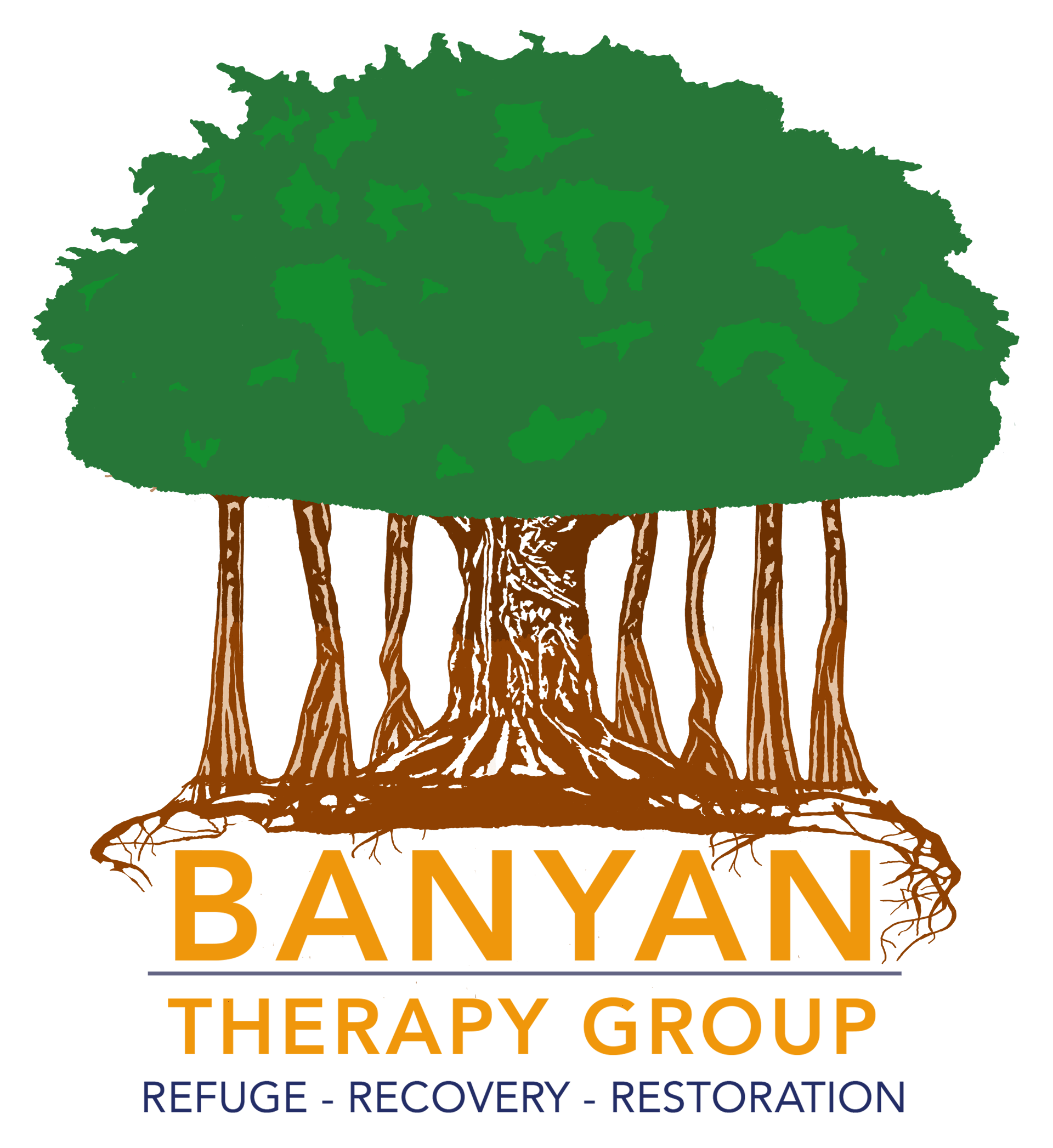- Though addicts vary in gender, age, sexual orientation, etc., there were more similarities than differences between them.
- All of the addicts studied continued sexual behaviors despite the negative consequences to their relationships, and this behavior generally resulted in further shame and isolation.
- Addicts regularly hid their addiction in hopes to avoid further harm to the relationship, however, this can cause even more problems.
- “If therapists discount the partner's concerns in an attempt to be nonjudgmental about the sexual behaviors, the partner may feel further isolated.”
- Reports on partners of sex addicts suggest disclosure is both necessary and helpful for resolving and improving the relationship long-term.
- Though couple sessions can be helpful, individual sessions with the partners of addicts are important to de-escalate negative emotions.
- Making threats to the sex addict often are ineffective to the negative behavior discontinuing.
- Combating isolation through increased time with the family and potentially increased prayer and scripture study was found to be beneficial.
- “Couple therapy should include both individual recovery (for the addict and partner) and couple issues (stabilization) simultaneously.”
Sexual Addiction and Marriage and Family Therapy
Bird, Mark H. (2006). Sexual Addiction and Marriage and Family Therapy: Facilitating individual and relationship healing through couple therapy. Journal of Marital and Family Therapy, 297-311
DOI:
10.1111/j.1752-0606.2006.tb01608.x
Study type:
Systematic research synthesis. The author compiled studies conducted on the topic of the impact of sexual addiction on different parties, the healing process of sexual addiction for different parties and the role of marital therapy in facilitating healing.
Sample size: 30 peer-reviewed articles
Demographics: All articles were peer-reviewed and found in PsychInfo, Google Scholar, or ERIC. Studies were categorized into studies of sex addicts, spouses of addicts, and studies where one or both partners are sexually addicted.
Key findings & quotes:
Blurred Lines
Photo by: John Doe
Button
The Association of Partners of Sex Addicts Trauma Specialists (APSATS) has been approved by NBCC as an Approved Continuing Education Provider, ACEP No.7435. Programs that do not qualify for NBCC credit are clearly identified. The Association of Partners of Sex Addicts Trauma Specialists (APSATS) is solely responsible for all aspects of the programs.
The Association of Partners of Sex Addicts Trauma Specialists
p. (513) 847-2342
2722 Erie Ave Ste 219 PMB 658610
Cincinnati, Ohio 45208-2154
© 2025
All Rights Reserved | APSATS
Website by WebX Design With APSATS Mktg.
© 2025
All Rights Reserved | APSATS
Website by WebX Design
With APSATS












